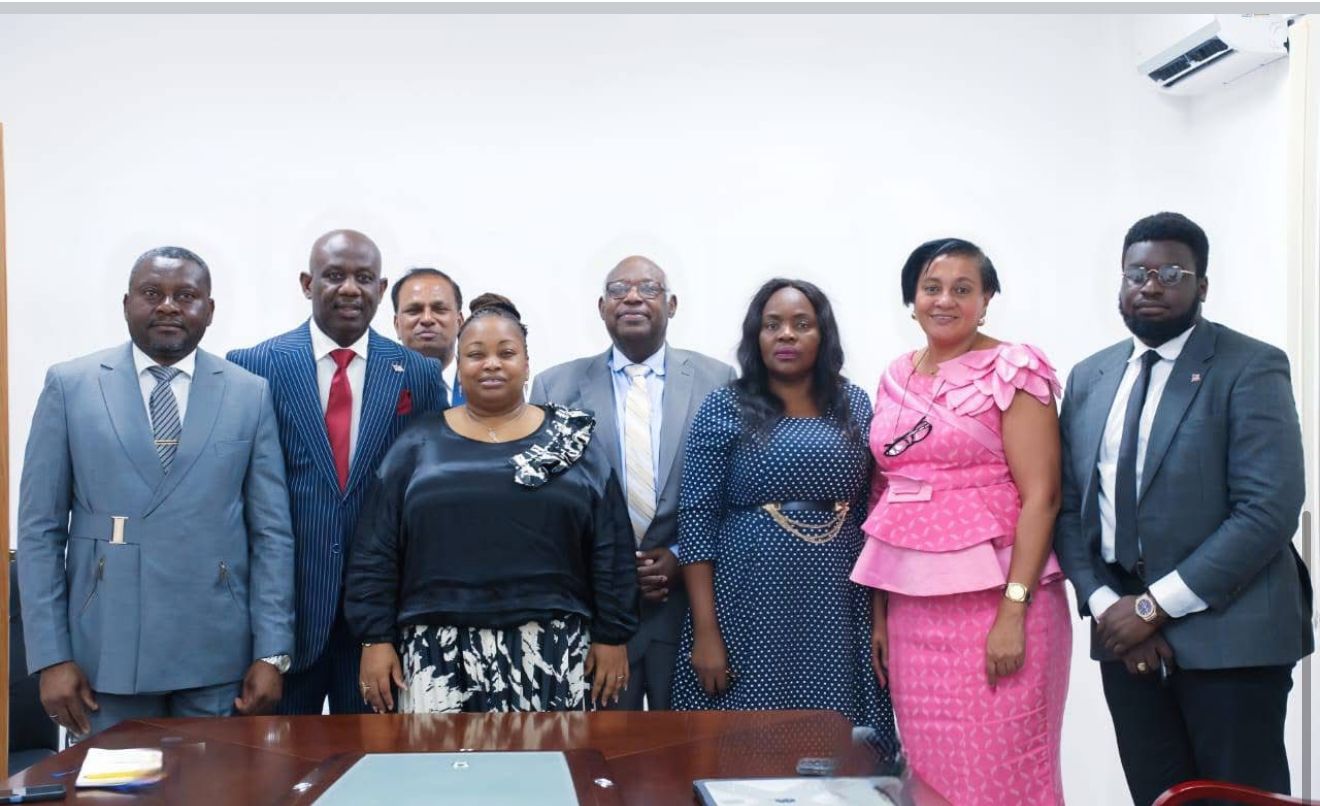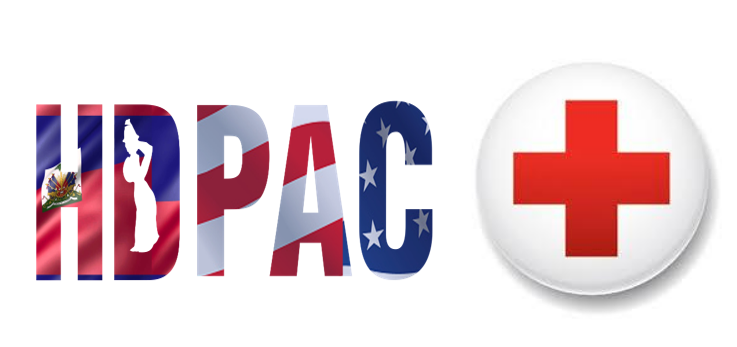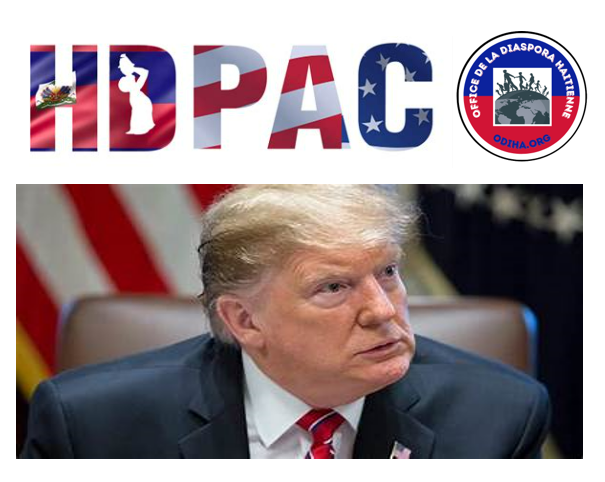Confusion among International Actors is causing More Deaths in Haiti. The U.S. must take the leadership
By Emmanuel Roy*
The somalization of Haiti has come full circle with sectarian gangs killing perceived enemies. On one side is Jimmy Chérizier, aka Barbecue, a former Haitian police officer turned gang leader, now revolutionary. On the other side are many other criminal gangs sponsored by various political fractions. Last week, 33-year-old Dieugo Charles, a well-known journalist and 32-year-old political activist Antoinette Duclair, popularly known as Netty, were savagely murdered by heavily armed men moving about on motorcycles, allegedly working for Louis Gonzague Edner Day, the minister of the Interior, equivalent to Homeland Security.
However, the national police chief, Leon Charles, said, in a press conference that the killing of Duclairand Diego Charles, as well as of 15 it her unidentified people was in “reaction to the assassination of Guerby Geffrard [the police officer killed Tuesday afternoon)], by his allies who concocted this morning’s shootings which resulted in the death of 15 peaceful citizens.”
Amid the gratuitous killings, violence, hunger and poverty, the international community is either oblivious to the reality of daily life in Haiti, confused or has not been able to come up with a workable solution among themselves.
For months, the international community has been working behind the scenes to come up with a satisfactory resolution to all parties. It has become painfully clear that they have failed the Haitian people because of lack of leadership with respect to addressing Haiti’s deepening political crisis and uncontrolled violence. It seems that the international community is in free fall, with each actor yelling possible solutions at each other. How did Haiti reach such an impasse? Who should be blamed?
In January 2020, Jovenel Moïse began ruling by decree after failing to hold legislative elections in 2018 and 2019. When the Trump administration indicated that Moïse could do no wrong, the latter put in place a two-part plan designed to keep himself in power. He would revise the 1987 constitution to increase the power of the president and hold elections sometime in 2021 with him as a candidate under the new constitution.
The plan seemed to be working, with Moïse planning to hold a referendum in April of 2021. The U.S. State Department under Trump had gone along with the plan, and the United Nations as well as the Organization of American States (OAS) indicated that they would support Moïse’s electoral calendar which would be held after the referendum.
Meanwhile, two things happened: The election of Joseph Biden as president of the United States and the official incorporation of the criminal gangs in Haiti as a federation, sponsored by Jovenel Moïse. With the election of Joe Biden, the Haitian Diaspora saw an opportunity to influence U.S. policy vis-à-vis Haiti. Thus far, they have been able to push the U.S. State Department to reject Moise’s constitutional referendum. The Haitian diaspora has been working with high-ranking members of Congress to push for a transition. The work of the Haitian Diaspora would be much easier if the international community would get its act together.
The European Union has called for the departure of Moïse to be replaced by a transitional government to organize elections. While the United States has distanced itself from Moïse’s push for the constitutional referendum, the Biden’s administration has not called for Moïse’s departure, creating confusion. To make matters worse, the UN Integrated Office in Haiti (BINUH) has been providing material and technical assistance to the de facto president to conduct a referendum that most constitutional scholars, reputable Haitian organizations, and authoritative individual haitians from almost all sectors have deemed unconstitutional.
As if things were not complicated enough, late last month the OAS released a report claiming that Moïse could hold elections this year if certain conditions are met. Back in December 2020, the OAS had indicated that it would support Moïse’s plan for elections in 2021, even though it knew then that the Electoral Commission had been singularly assembled by Moise without input from other sectors, as required by the Haitian constitution.Internally, OAS Secretary General Luis Almagro and the organization’s Permanent Council are divided about the scope ofOAS support to Moïse’s plan for elections in 2021.
Early in June, a high-level diplomatic delegation of the OAS met in Haiti with some members of the opposition and with Moïse himself. To be noted, the Haitian Diaspora fiercely opposed that meeting. Anyway, three weeks after the Haiti meeting, the OAS released its recommendations, which include the designation of a a new Prime Minister, representing a political consensus, the appointment of a new Police chief as well as a reformed Provisional Electoral Council (CEP), with new members. Also, restoring peace and security are essential for elections to be held.
Anyone who understands the political and social dynamics on the grounds in Haiti could have told the OAS that those recommendations have no chance of being implemented because they do not take into account the true nature of the situation. In Haiti, the opposition is divided into four separate and distinct fractions with divergent goals. The only thing on which they agree is the departure of Jovenel Moïse. The other difficulty facing the OAS recommendations is that without a legislature, it is nearly impossible to appoint a new CEP as required by the Constitution.
Unofficially, the Moïse government has responded to the OAS recommendations. On Monday, June 28, before the OAS Permanent Council meeting June 30, to discuss the report of the diplomatic delegation, that was made available to Moïse in advance, the president’s CEP released a calendar for elections together with a referendum on September 26. Subsequently, an 83-page decree covering elections in all specific communities throughout the Republic was released. It’s said that this followed its approval in a formal meeting of the cabinet.
In the process, every day that passes by without a clear policy to resolve the political problem in Haiti will make matters worse. More people will die. Meanwhile, the window of opportunity for the Biden administration to announce clear policy directivesregarding Haiti is closing fast. The administration must take leadership and make it clear that the conditions required for fair, safe, inclusive and fraud free democratic elections are nonexistent. The U.S. should clearly state that elections which don’t meet these standards org be supported, nor recognized.
Once that is done, the next step is to bring the internalopposition, Haitian civil society, and the diaspora to the table to form a government of consensus to take over on February 7, 2022, unless the U.S. forces Moïse out of office before that date. At this point the de facto president is a sitting duck and there areno good reasons to engage him in any negotiations whatsoever.
There is precedence for this course of action. The Haitian constitution indicates clearly who should take over as president when the current president is unavailable for any reason. This has happened several times in recent history. With President Jean-Bertrand Aristide, in 2004, the U.S. removed him from power and replaced him with a consensus government. But more recently in 2015, when Michel Martelly’s term of office expired, he was replaced by a consensus government which held the elections that gave us the current Banana Man. The solution to Haiti’s political problem is within reach, it only requires leadership and determination.
___________
*Emmanuel Roy is Executive Director of the Haitian Diaspora Political Action Committee, info@hdpac.org






